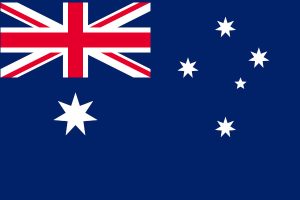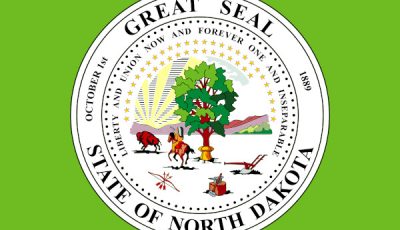Aussie Govt Expresses Support For Digital ID To Access Porn
 CANBERRA, Australia — The Australian government has released an official response to a parliamentary inquiry discussing the possibility of restricting access to online porn and online gambling for youth across the country. Parliament’s House of Representatives Standing Committee on Social Policy and Legal Affairs published a report on age verification measures on March 5, 2020. The committee made a total of six recommendations to the federal government following the inquiry. Now, over twelve months later, the government’s Digital Transformation Agency (DTA) has issued its response to the government’s recommendations.
CANBERRA, Australia — The Australian government has released an official response to a parliamentary inquiry discussing the possibility of restricting access to online porn and online gambling for youth across the country. Parliament’s House of Representatives Standing Committee on Social Policy and Legal Affairs published a report on age verification measures on March 5, 2020. The committee made a total of six recommendations to the federal government following the inquiry. Now, over twelve months later, the government’s Digital Transformation Agency (DTA) has issued its response to the government’s recommendations.
In the report, the committee asked the Digital Transformation Agency to develop recommendations for an age verification framework that could be used to verify the age of users on third-party websites. However, the Australian Government’s eSafety Commissioner, Julie Inman Grant, has warned that digital age verification measures aren’t a so-called “silver bullet” (via ZD Net) for preventing kids from accessing porn on the internet. Grant cites the history of a similar policy implemented by the United Kingdom, which is now paused for lack of effectiveness under such a policy.
Nevertheless, the government’s response to the committee confirms that the ruling coalition supports the concept of universal age verification “in principle.”
“Initially, the Government’s priority will be to complete work underway that explores the potential for changes to the policy and accreditation framework,” they note. “Depending upon the findings of this work, further technical interventions may be required. If so, the Government agrees that the Digital Transformation Agency is well placed to explore extending the Digital Identity program.”
According to legislative filings, the DTA declared that it would adopt a digital identity framework as a tool that would further verify an individual’s age before permitting access to online porn.
The Office of the eSafety Commissioner is also in the midst of developing a roadmap for implementing such an age verification regime for adult content, with consultation from Parliament and other departments, agencies, and Cabinet officials.
“The development of a comprehensive roadmap that adequately explores the complexities of regulating online pornography will require considerable amounts of research and stakeholder consultation over a 12 to 18 month period,” the government wrote.
“While there are no simple solutions to any online safety issue, technologies, such as age verification, age assurance and age prediction, are developing at pace. If used in conjunction with filtering and other proactive user safety settings, they can play a role in limiting exposure to harmful content for children,” the government also wrote.
“The [Australian] Government also recognises that technological solutions alone will not stop all children from accessing online pornography or other age-inappropriate services. A multifaceted approach that includes parental engagement and education is vital to reduce the adverse effects of online pornography and other harmful content… Online safety requires long-term, sustained social and cultural change, through the coordinated efforts of the global community, and greater collaboration and consultation between industry, government and the general public.”
Government-mandated age verification methods for adult content have encountered a mixed reception among industry players in Australia and elsewhere in the world. At least in the United States, a mandated verification regime to access porn runs counter to the concept of industrial self-regulation.
The recommendations from the government also take concern with loot boxes in popular video games and whether or not these digital goods emulate online gambling.












